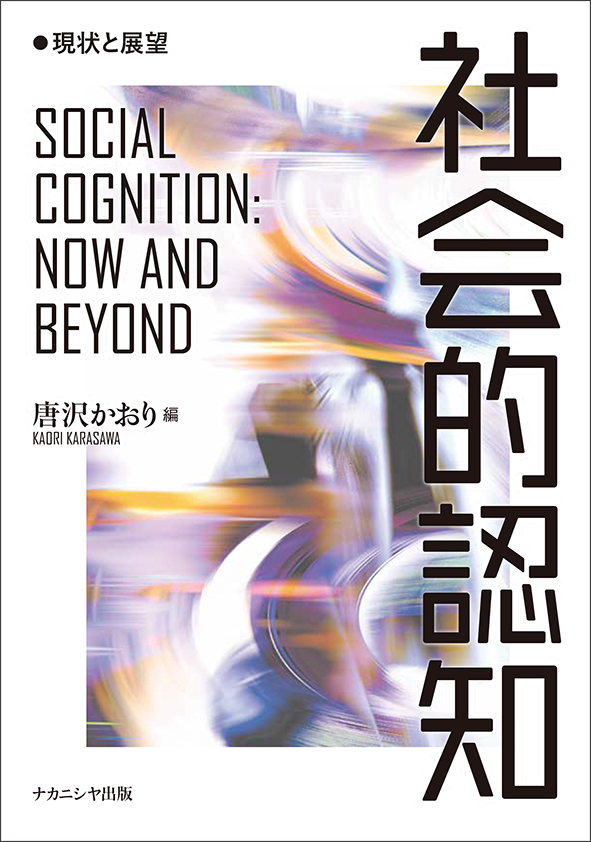
Title
Shakai-teki Ninchi (Social Cognition – Current State and Outlook)
Size
250 pages, A5 format
Language
Japanese
Released
November 10, 2020
ISBN
9784779515071
Published by
Nakanishiya Shuppan
Book Info
See Book Availability at Library
Japanese Page
Social cognition is the research area that focuses on how people process social information. It discusses how social factors, including rules and biases, influence the internal representation of various “social entities”—including others, self, and groups. Information processing related to social entities forms the basis for a wide range of social behaviors and determines the nature of interpersonal relationships, intergroup relationships, and various social phenomena. At the same time, macro structures—including norms, institutions, and culture—influence how information is processed. Accordingly, the role of social cognition research is to elucidate the basic mechanisms of the social mind and to consider the roles played by these mechanisms in various social contexts.
This book discusses research accomplishments in the field of social cognition up to this point and directions of future research. To this end, the book consists of two parts: Part I—The Basics of Social Cognition and Part II—Evolution of Social Cognition Research.
In Part I, the chapters titled “Cognition of Others,” “Stereotypes,” and “The Self” discuss the characteristics of information processing related to others, groups, and self. These are themes that have been discussed in social psychology since the very beginning of that discipline, which gives a sense of how the classic awareness of the issues have evolved and yielded results through social cognition research. The next two chapters titled “Cognition and Emotion/Motivation” and “Automatic Processes and Controlled Processes” discuss common issues underlying all social information processing, irrespective of the specific context. The aim of these discussions is to deepen insight into “humans as processors of information.”
The chapters in Part II consider how the basic knowledge discussed in Part I will continue to evolve in coordination with other areas of research and application.
The chapters titled “Process of Mutual Formation of the Mind and Culture” and “Neuroscience and Social Cognition” discuss the roles played by social cognition in elucidating the mutual influence of micro and macro variables as well as potential roles to be played by social cognition research in the future. These chapters also discuss the forefront of knowledge in cultural psychology and neuroscience. The next four chapters titled “Well-being and Social Cognition,” “Robots/AI Engineering and Social Cognition,” “Social Cognition of Organizations,” and “Experimental Philosophy and Social Cognition” consider the possible implications of our knowledge of social cognition in terms of practical wisdom and the humanities. These chapters also delve into the possibilities of knowledge to be gained at intersections with health psychology, engineering, organizational psychology, and philosophy as well as the possibility of developing new disciplines through fusion with these disciplines.
Lastly, issues related to methodology are discussed in chapters titled “The Problem of Reproducibility of Results” and “Human Nature and Public Policy Based on Empirical, Evidence-based Data.” The former chapter discusses the standpoint of social cognition research regarding important issues related to people’s trust in psychology as a scientific discipline while the latter chapter discusses the contributions of social cognition research to empirical, evidence-based policy making.
Each chapter is written by a researcher with expertise on the chapter’s given theme. It is hoped that understanding of the current state and future outlook for social cognition research will yield insight into the sociality of the mind as well as the practical significance of research in this area.
(Written by KARASAWA Kaori, Professor, Graduate School of Humanities and Sociology / 2021)



 Find a book
Find a book

